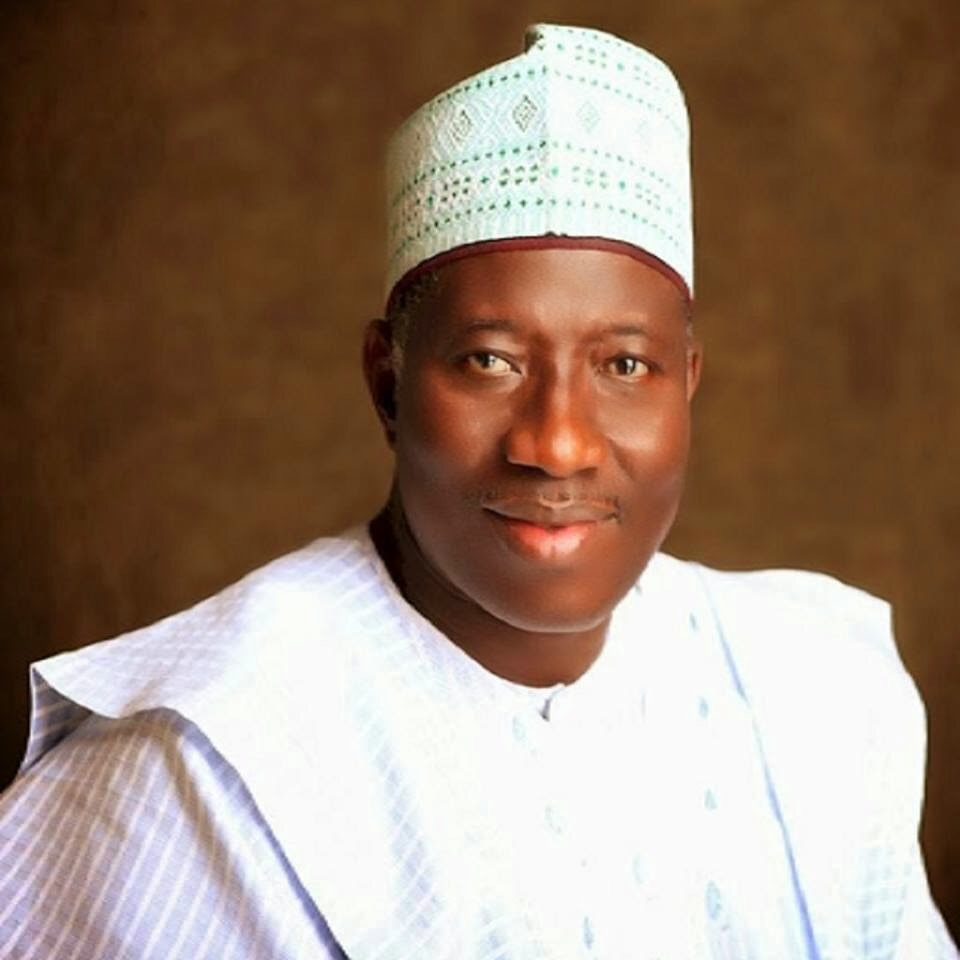
Former President Goodluck Jonathan has called on African leaders to prioritize inclusive governance, economic empowerment, and legitimacy to achieve political stability and long-term development across the continent.
In a keynote address delivered in Addis Ababa, Ethiopia, Jonathan emphasized the importance of investing in education, digital infrastructure, and skill development to harness Africa’s youthful population for innovation, leadership, and global competitiveness. His remarks came during the launch of a report titled ‘Advancing Inclusive Development: Policy Options for Burkina Faso, Guinea, Gabon, Mali, and Niger’, a collaborative effort by the African Union Commission, the UNDP’s Africa Facility to Support Inclusive Transitions (AFSIT), and the Institute for Security Studies (ISS).
Jonathan underscored the need for governance founded on legitimacy and inclusion, stressing that Africa’s future cannot be left to chance. He urged leaders to adopt proactive measures to build a robust, self-reliant, and prosperous continent by fostering accountable governance and investing in job creation, industrial growth, and sustainable wealth.
“Political stability cannot be sustained without trusted institutions, adherence to the rule of law, and leadership that earns its mandate from the people,” Jonathan said. “We must invest in responsive governance structures, uphold constitutional integrity, and ensure that democratic processes deliver tangible benefits to all citizens.”
The former president also advocated for significant economic transformation, pointing out that fragile states often result not just from political upheaval but from economic exclusion, underdevelopment, and the absence of viable livelihoods. He identified industrialization, technology-driven growth, and regional trade integration as key drivers of Africa’s economic future.
Jonathan stressed the strategic importance of Africa’s youth, urging a shift in perception from seeing the demographic as a challenge to recognizing it as a vital asset for the continent’s growth. “Our youth must not be regarded as a demographic burden but as a generational force for innovation, leadership, and global competitiveness. Investing in education, digital infrastructure, and skills development is no longer optional; it is imperative,” he asserted.
The former president also called for a redefined approach to security, advocating for a strategy beyond conventional military responses. “We must go beyond traditional military tactics and adopt a whole-of-society approach that tackles the root causes of conflict: poverty, marginalization, and weak governance,” he said.
Jonathan highlighted Nigeria’s role in Africa’s development, noting the country’s dual responsibility and privilege as the continent’s largest democracy and one of its largest economies. “Nigeria must lead by example and act as a catalyst for Africa’s collective aspirations,” he remarked.
Concluding his address, Jonathan described Africa as the world’s youngest continent, with immense potential as a rapidly growing economic frontier rich in resources. However, he cautioned against ignoring persistent challenges such as governance deficits, political instability, economic fragility, and external shocks. “Our collective success hinges on our ability to confront these weaknesses with courage, vision, and unwavering commitment to inclusive development,” he said.



